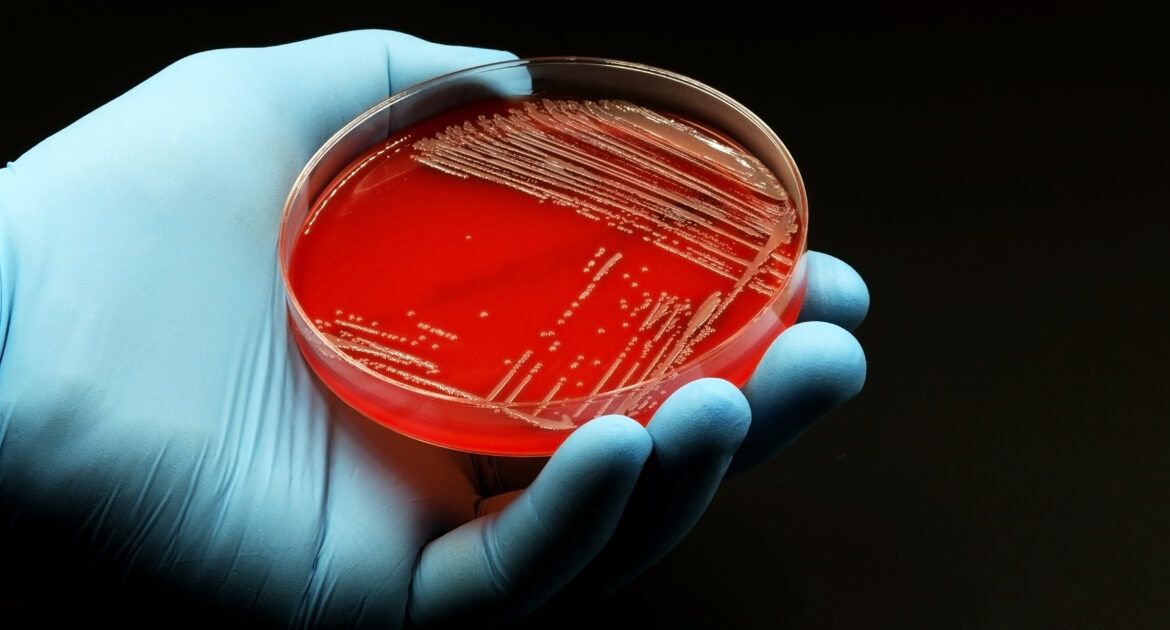Are you searching for higher education teaching and research jobs in bacteriology?
This profile takes an in-depth look at a typical bacteriology lecturer job, the qualifications and experience you need and where to find jobs here at jobs.ac.uk.
What is Bacteriology?
Bacteriology is a branch of microbiology which focuses on the millions of different types of single-celled microorganisms (bacteria) and the positive and negative effects that they have on living beings. Major advances in bacteriology over the last century include the discovery of antibiotics and the development of effective vaccines against a wide range of diseases.
Bacteriologists work in clinical/healthcare laboratories, higher education, public health organisations and departments and as researchers for commercial companies in the pharmaceutical, biotechnology and agricultural sectors.
Bacteriology Lecturer Jobs
Bacteriology lecturers teach courses and modules across microbiology and biochemistry at all levels. They also lead and contribute to multidisciplinary research programmes.
Duties include:
- Delivery of research-led teaching and learning across biological/biomedical sciences.
- Devising innovative teaching and learning resources and curricula in bacteriology.
- Establishing new research programmes in specific areas of bacteriology.
- Contributing to current research activities within a multidisciplinary team.
- Carrying out field and laboratory work.
- Writing up research for publication and submitting further funding proposals.
- Engaging in networking and outreach activities.
How to become a Bacteriology Lecturer
To work as a bacteriology lecturer and/or researcher in higher education, you will need the following qualifications, experience and knowledge:
Essential qualifications
- A biological sciences degree.
- A PhD in bacteriology, microbiology, biochemistry or related discipline.
- A higher education teaching qualification and/or membership with Advance HE (or willingness to gain).
Experience and knowledge
You will need to demonstrate how your doctoral research and any other projects you have undertaken relate to the specific research activities or aspirations of the institution (if it’s a new project). Key areas include human bacterial pathogens, biotechnology and environmental/ecology protection.
Higher education institutions are increasingly seeking candidates who have professional experience working as clinical/research scientists in a healthcare setting or private sector company. Although not essential, this type of practical experience would give your application the edge.
For lecturing roles, having experience teaching or mentoring at undergraduate and postgraduate levels and an established research record commensurate with your career stage would be essential.
What’s the pay?
Bacteriology is highly specialised and commands higher-than-average salaries in both research and teaching. Lecturers can expect a salary of around £41,385 to £52,680 p.a., depending on qualifications, skills and experience.
What can it lead to?
Most higher education institutions have career development pathways designed to ensure staff move up the academic ranks if an opportunity arises. After several years as a lecturer, you could apply for a senior lecturer, associate professor or senior research fellow role.
Where can I find jobs?
The job market is buoyant for bacteriology research and teaching. It is integral to microbiology, molecular biology, biochemistry and biomedical sciences, so you will find that your expertise may overlap with a wide range of roles.
Jobs.ac.uk is the leading jobs board for academic and scientific teaching and research careers. Take a look at our current roles, tips and resources to help you find the right job for your skills and experience.
Related job profiles:
- Biophysics jobs
- Molecular Biology jobs
- Cell Biology jobs
- Molecular Epidemiology jobs
- Nanotechnology jobs





Leave a Reply